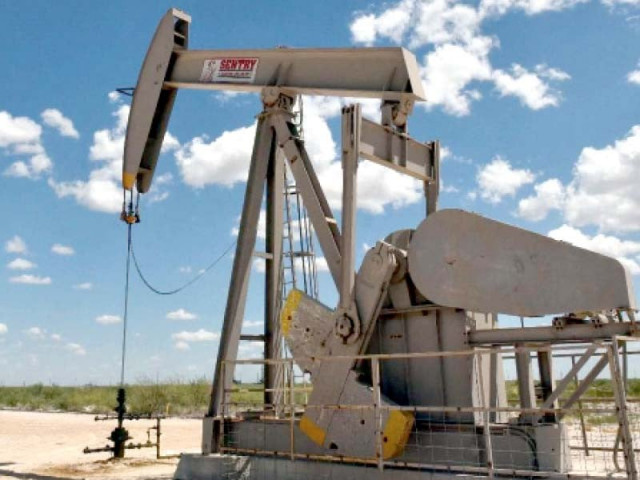Oil scarcity lifts import premiums
High premiums will force govt to increase petroleum product prices

Pakistan is going to face another setback as premiums on oil import have risen sharply due to the shortage of petroleum products, especially diesel, in the global market following the Russia-Ukraine war.
According to sources, Pakistan had been paying a premium of 3% to 4.5% on the import of petrol and diesel, but it has gone up suddenly, as petroleum products are becoming scarce.
Over the past few days, sources said, the premium on petrol and diesel import had risen to 6.5% and 10.5% respectively, which would lead to an increase in prices of the two oil products.
The scarcity of diesel in the global market can be gauged from the fact that when Pakistan State Oil (PSO) floated an import tender, no importer expressed interest in it.
Apart from that, the surging global crude oil prices, in the wake of the Russia-Ukraine conflict, have hurt the collection of revenue on petroleum products.
Though the revenue flow through the sale of petroleum products is an easy source of income for the government, it has squeezed taxes in a bid to keep oil prices at lower levels and rein in inflation in the country.
Two types of taxes - petroleum levy and general sales tax - are imposed on the sale of petroleum products.
So far, the government has collected Rs114 billion in petroleum levy, which is far lower than the budgetary target of Rs610 billion for the current fiscal year.
Experts believe that the government may hardly be able to collect Rs150 billion in petroleum levy by the end of fiscal year in June 2022.
In the international market, the West Texas Intermediate (WTI) crude price touched $111 per barrel while Brent crude rose to $115 per barrel following the start of Russia-Ukraine war.
However, Prime Minister Imran Khan has announced a reduction of Rs10 per litre in prices of petrol and diesel and has also put a freeze on them for a few months as political tensions are boiling over.
The premier is facing a no-trust move filed by the joint opposition in the National Assembly.
As the government keeps petroleum prices suppressed, it needs to pay price differential claims to the oil industry to help it stay afloat. In this regard, the Economic Coordination Committee (ECC) has recently approved a supplementary grant of Rs11.73 billion.
The government is said to be bearing a burden of Rs28 billion on account of price differential claims for a fortnight.
However, the global crude oil prices are set to soar further following the slapping of sanctions on Russia due to its invasion of Ukraine, which will restrict its fuel sales.
Russia ships seven to eight million barrels of crude oil and its products to the global market.
Besides the Organisation of the Petroleum Exporting Countries (OPEC) - an oil-producing cartel, Russia is also a key player in oil supply and can shake the international market.
Despite the imposition of sanctions, the US is importing oil from Russia to meet domestic needs. The US Treasury has allowed American companies to buy Russian oil through an intermediary bank in a third country, which has not joined the sanctions on Russia.
Last year, Washington imported around 700,000 barrels per day of crude oil and refined petroleum products from Moscow.
Hong Kong traders have also rushed to offer the best conditions following the decision of the US Treasury.
Experts say the US and western nations have limited options for blocking the flow of revenue to Russia through the sale of petroleum products.
They could force OPEC members to increase production and flood the market with oil to stabilise prices. However, at present, the US is not enjoying good relations with OPEC lynchpin Saudi Arabia.
On the other hand, Iran - also a big oil producer - has been under sanctions since long. Washington will have to ease sanctions on Tehran to clear the way for increase in oil supply in the global market.
If tensions continue to flare up between the western countries and Russia, the oil prices will go up further and shortages will deepen.
In this situation, Pakistan needs to look for ways to open its border with Iran for oil import.
At present, Pakistan does not have a waiver from the US for oil import from Iran as traders are not able to open Letters of Credit for fuel purchases.
To find a way out, Pakistan should have a barter trade or currency swap arrangement with Iran. Otherwise, the high oil import cost will swallow Pakistan’s foreign currency reserves.
Published in The Express Tribune, March 23rd, 2022.
Like Business on Facebook, follow @TribuneBiz on Twitter to stay informed and join in the conversation.





1733130350-0/Untitled-design-(76)1733130350-0-208x130.webp)












COMMENTS
Comments are moderated and generally will be posted if they are on-topic and not abusive.
For more information, please see our Comments FAQ